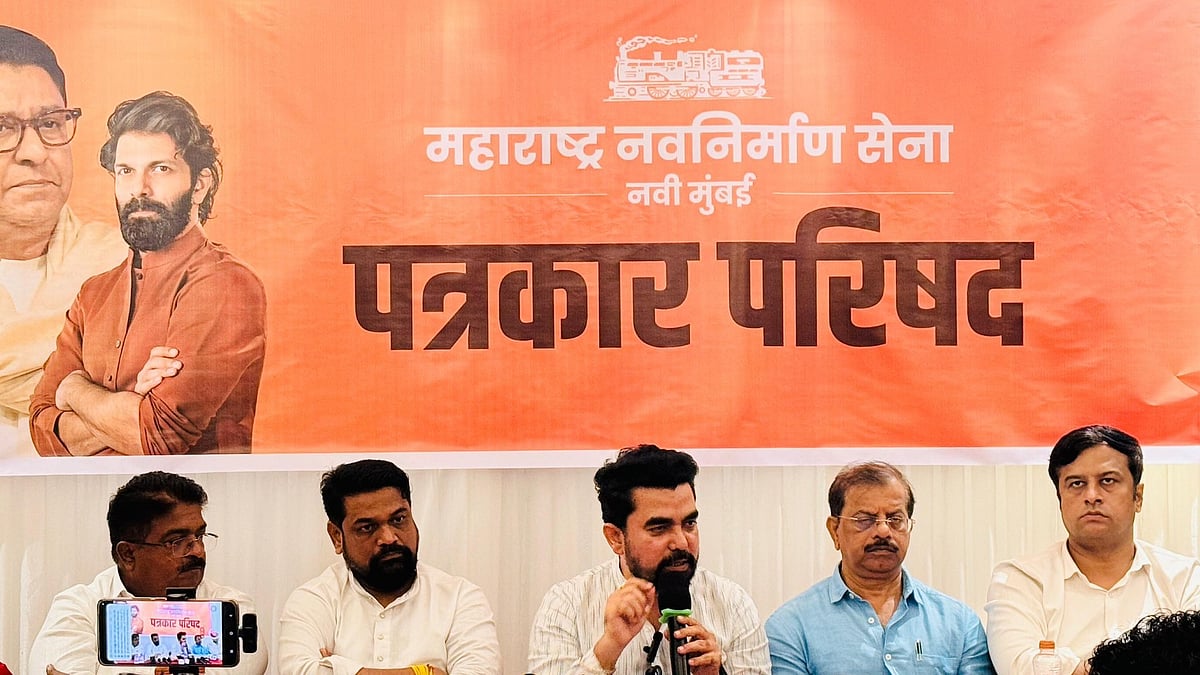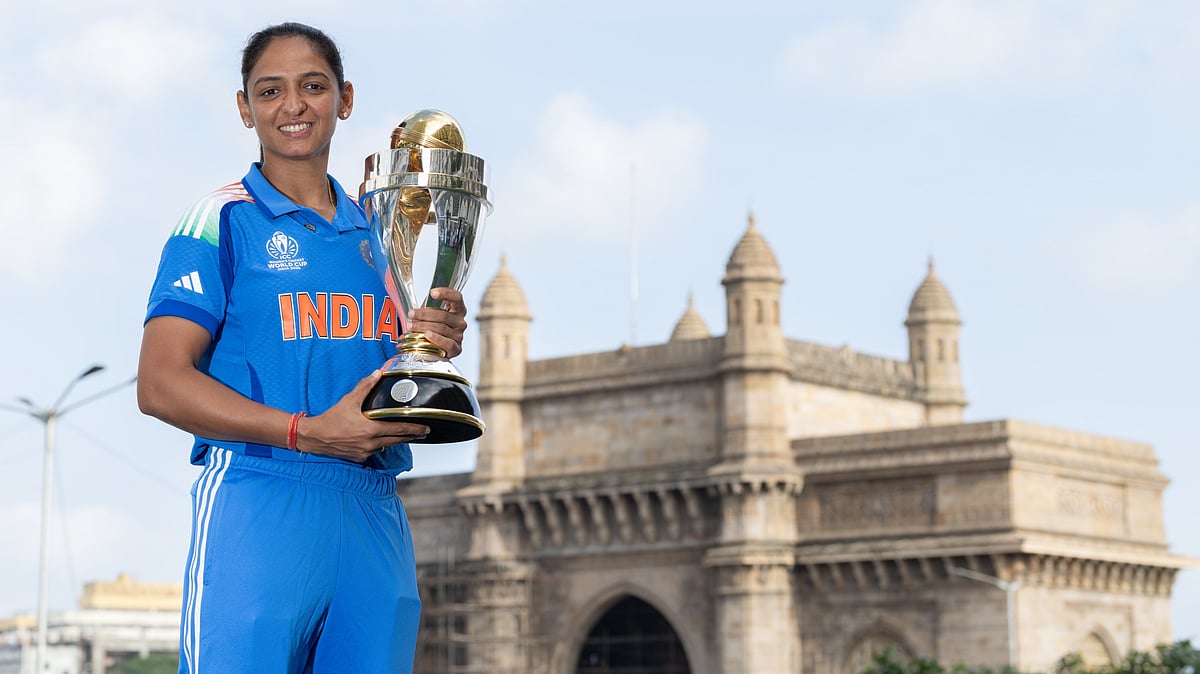The monsoon session of the Parliament, apart from the disruptions, has seen the unusual spectacle of one Union minister after another confessing that they have no data on critical areas concerning their ministries. The government apparently has no data of the number of farmers who have died during the on-going agitation; the amount of black money stashed abroad; the number of deaths due to oxygen shortage during the second wave of Covid; or even deaths due to manual scavenging. It also has no data on job losses due to Covid or closure of MSMEs because of the pandemic. Even where it has data – as in the case of Covid deaths – there are worries about the veracity of the numbers.
Some of these, the Union government has pointed out in its defence, is because the states have not furnished it with data. For example, health is a state subject and it is the state governments that are supposed to provide the Union government with data on Covid or oxygen deaths or any other relevant statistics regarding health issues. But that is being disingenuous – it is the Union government that sets the standards and gives directions on how data needs to be collected and at what intervals and also the formats in which it needs to be reported.
Statistical stumbles
The government’s statistical fumbles have been growing over the past few years. It has often held back reports prepared by its own statistics department because the conclusions were not flattering. It has also courted controversy for fiddling with methodologies to present itself in a better light.
What the government needs to realise is that not having accurate data will hamper policy making. The finance minister has consistently erred in projecting tax revenues. The government has also reacted too late often in crises like oxygen shortage during Covid because of its data infirmities. And so social welfare policies cannot be properly crafted without having good data on the target segments a policy is supposed to target.
Currently, outside economists and analysts often depend on private sector agencies for data on many critical areas. Thus, the Centre for Monitoring of Indian Economy has stepped into the breach for high frequency employment/unemployment data. The Azim Premji University’s jobs report is also looked forward to, for the insights it throws up. The government’s own periodic labour force survey comes late and has become just one of the employment surveys, instead of the de facto standard for measuring unemployment in the country.
For critical areas such as sales and production of specific industrial sectors and even the number of tax disputes in various courts and tribunals, one needs to either depend on data from industry associations or wait until the data is collated by the government with a lag.
Incomplete ISP
While the government’s IIP is still used to monitor monthly production data, the Nikkei Purchasing Managers Index (PMI) is equally watched, perhaps because it offers separate surveys for manufacturing and services. The statistics department had initiated work on an Index of Service Production (ISP) but that never got completed, despite services being the largest component of the Indian economy.
Inflation data and that of the GDP are the only major data that one still depends on the government for. But even here, in GDP, the number of revisions makes it difficult to get a clear picture until almost a year has gone by.
This is not how it was supposed to happen. India has a strong statistics department which has been headed by eminent statisticians in the past. For a long time, it functioned very independently – though of course the government of the day always wanted better control over it to prevent inconvenient data from coming out.
Niti Aayog initiatives
Over the years, there have been multiple reports on how to measure various things even better. The National Statistical Commission (NSC) has many of the best reports that were commissioned from time to time – and also a draft Bill for making the NSC a nodal and autonomous body for all things to do with statistics, as per the recommendations of the comprehensive Rangarajan Committee report that came out almost two decades ago. Some of these reports need to be updated keeping in mind modern technology, tools and data capture methods available today. But they provide a clear direction of the way forward.
Unfortunately, the government has taken a completely contrary approach, relying increasingly instead on the Niti Aayog to give recommendations on all things to do with data. Many of the Niti Aayog initiatives on data too are gathering dust while the government makes policies often with incomplete or outdated statistics.
The strange issue is that the government has been consistently talking about the importance of data. And today, technology and tools are available for better data collection and analysis than was the case just a decade ago. But the government has not walked the talk on data. Perhaps it fears that the proper data collection and analysis will reveal unpleasant truths – and believes that in many cases, ignorance is bliss.
The writer is former Editor of Business Today and Businessworld magazines









